18 GPTs for Music Interpretation Powered by AI for Free of 2026
AI GPTs for Music Interpretation refer to advanced artificial intelligence tools based on the Generative Pre-trained Transformer (GPT) model, specialized for interpreting and understanding music. These tools leverage deep learning algorithms to analyze various aspects of music such as melody, rhythm, and harmony. By processing large datasets of musical compositions, they gain the ability to assist in music composition, analysis, and even education. Their relevance in the music industry stems from their capacity to provide nuanced and sophisticated interpretations of music, which can be invaluable for musicians, composers, and music enthusiasts.
Top 10 GPTs for Music Interpretation are: Lyric Visualizer,Synesthesia Genius,K-pop Korean Tutor,Music to Image,Song into a Heart Creator,Symphonic Architect,SongStory Artist,Daddy Frank (The Guitar Man) meaning?,Classical Creatives,I Heard The Bells On Christmas Day meaning?
Lyric Visualizer
Bringing Lyrics to Life with AI-Powered Imagery

Synesthesia Genius
Transform Words and Music into Art
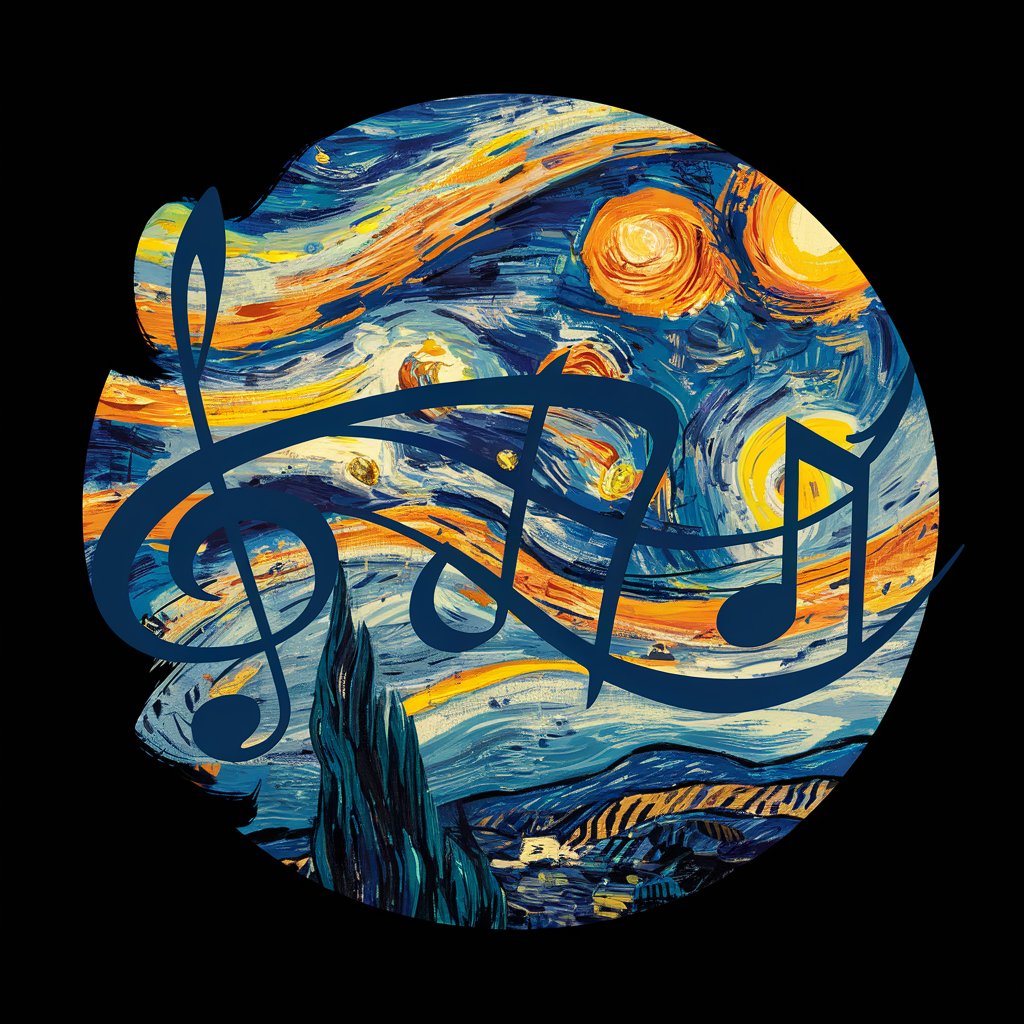
K-pop Korean Tutor
AI-Powered K-Pop Language Mastery

Music to Image
Bringing Your Music to Visual Life with AI
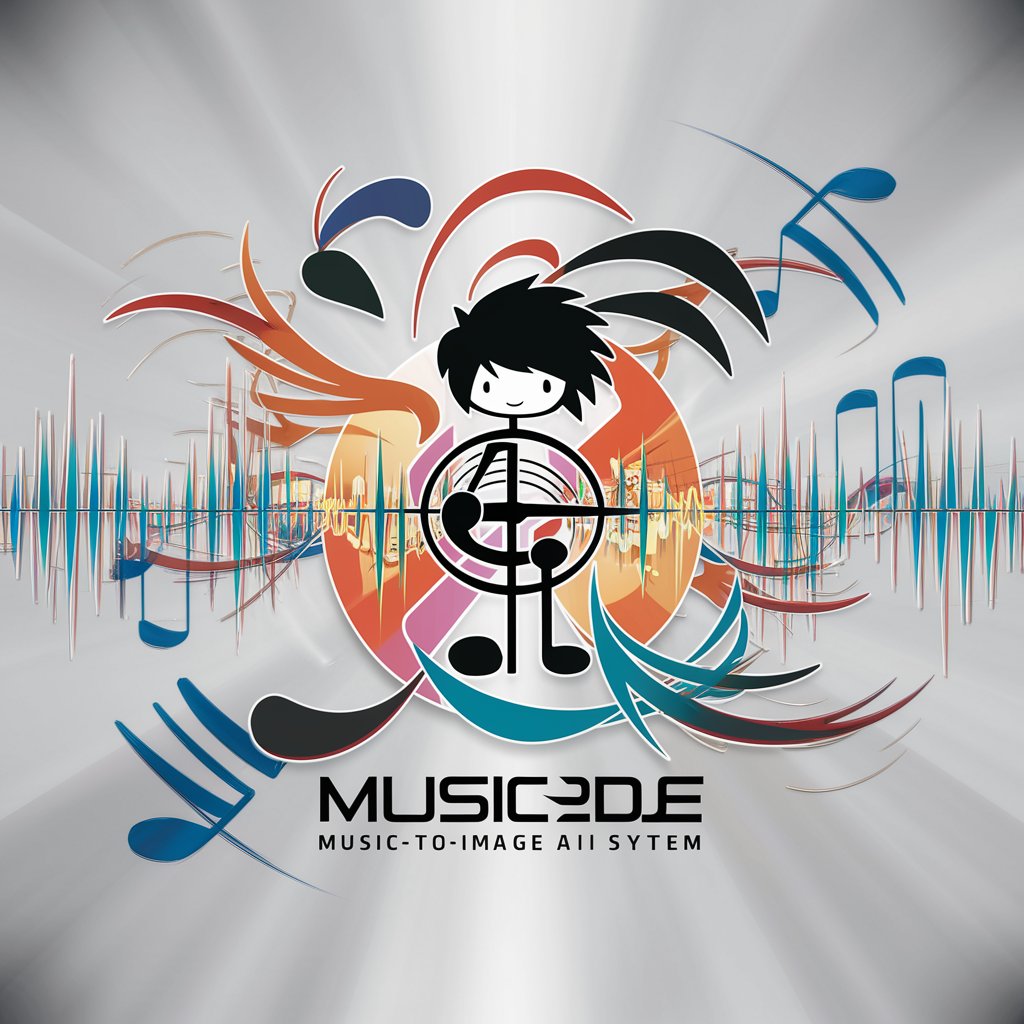
Song into a Heart Creator
Transforming lyrics into visual art.

Symphonic Architect
Harmonizing Music with Architecture

SongStory Artist
Bringing Songs to Life Visually
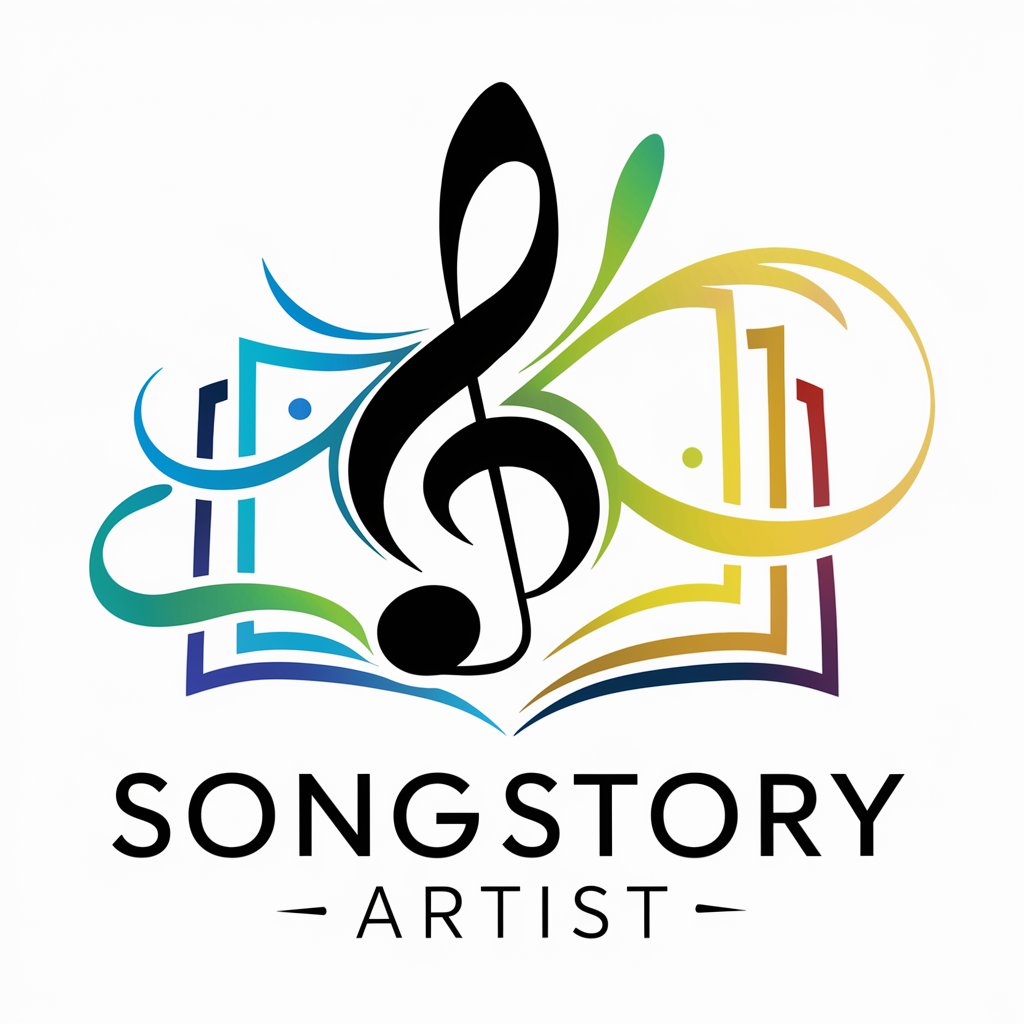
Daddy Frank (The Guitar Man) meaning?
Unveil the story behind every note

Classical Creatives
Bringing Classical Works to Life with AI
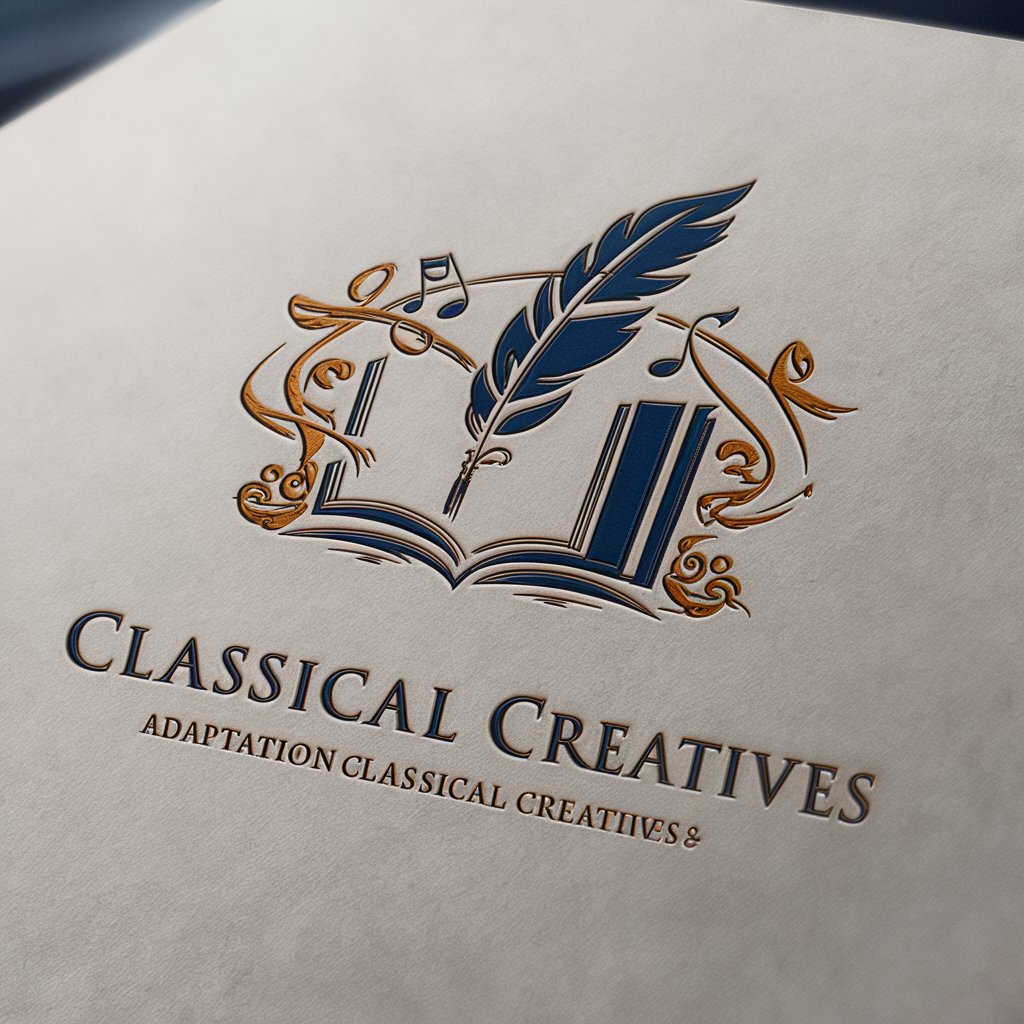
I Heard The Bells On Christmas Day meaning?
Unlocking the Depth of Christmas Carols

That's How I Got To Memphis meaning?
Unraveling the depths of music with AI
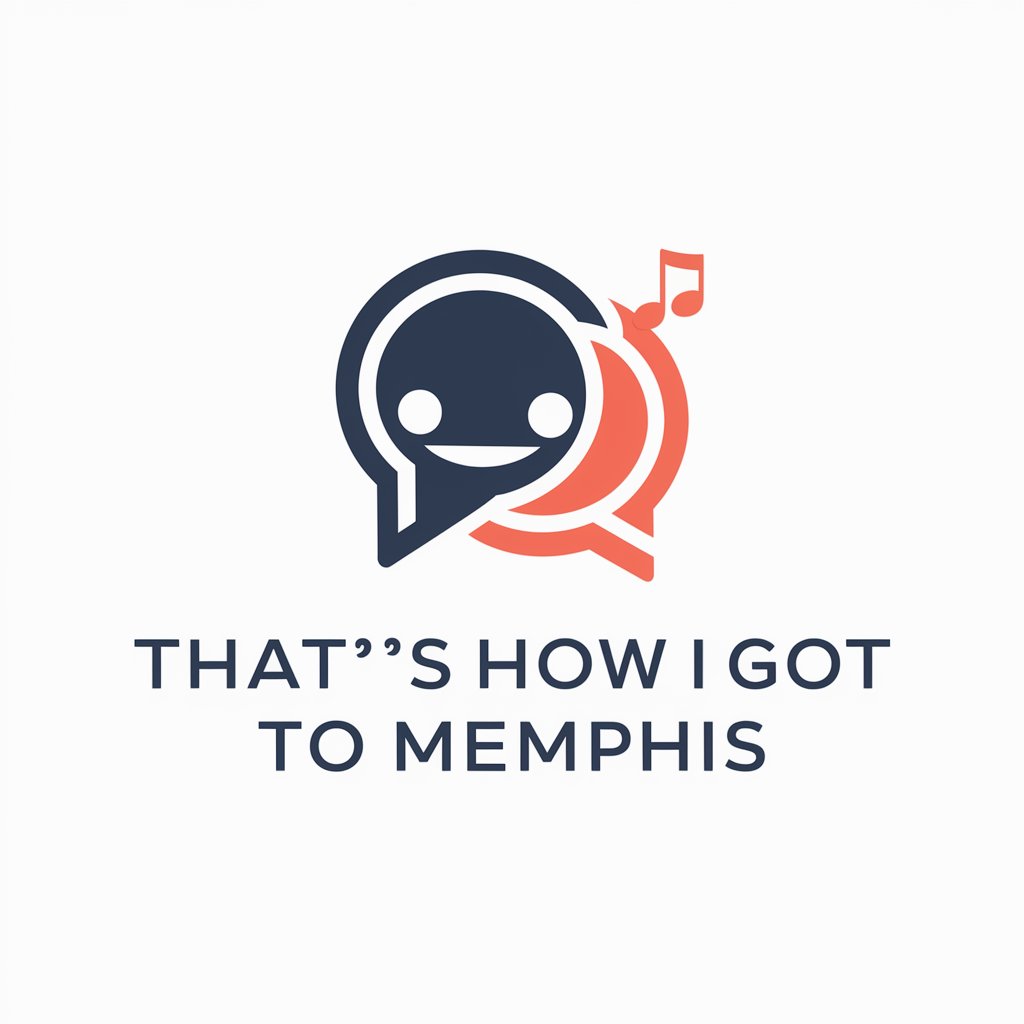
Que C'est Triste Venise meaning?
Unlock the Essence of Venice with AI

Bad Liver And A Broken Heart meaning?
Unlocking the Depths of Art and Emotion
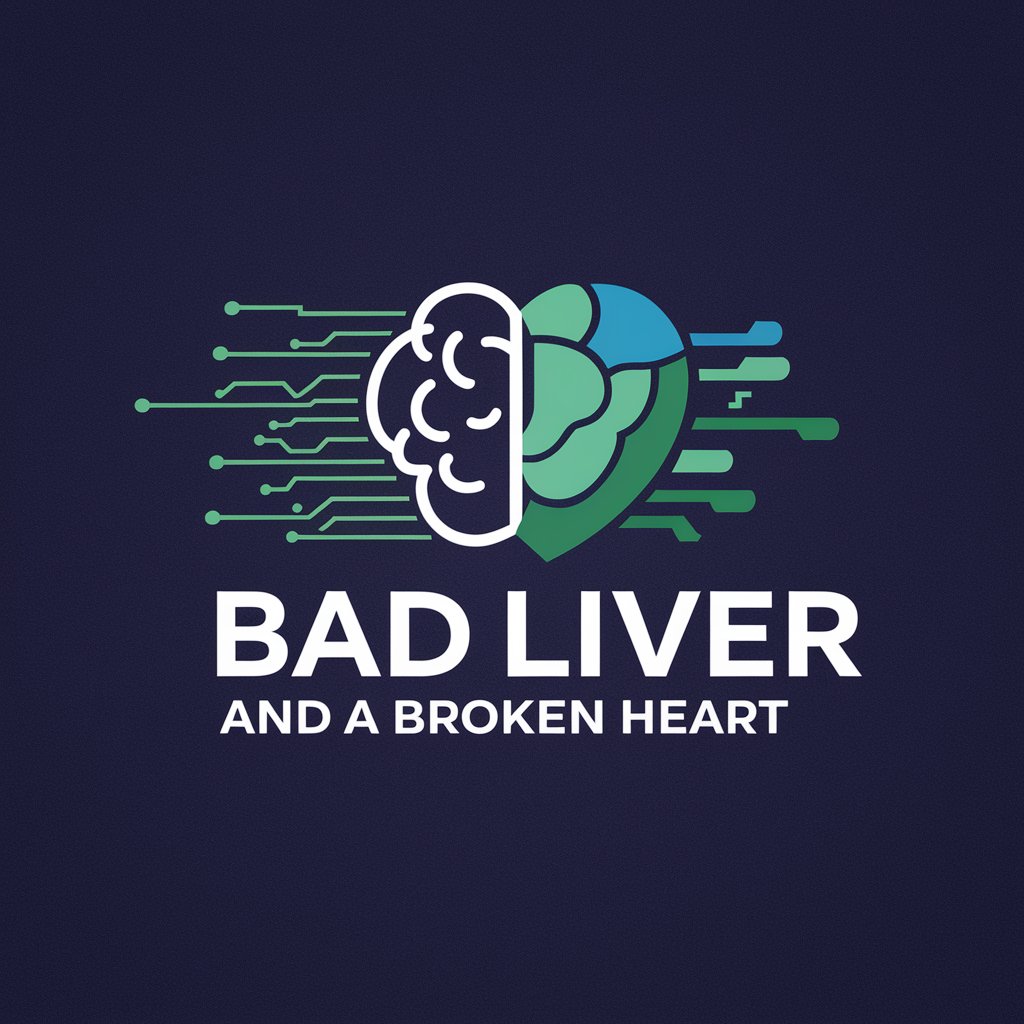
Tonight (B-Side) meaning?
Unveil the depths of content with AI.
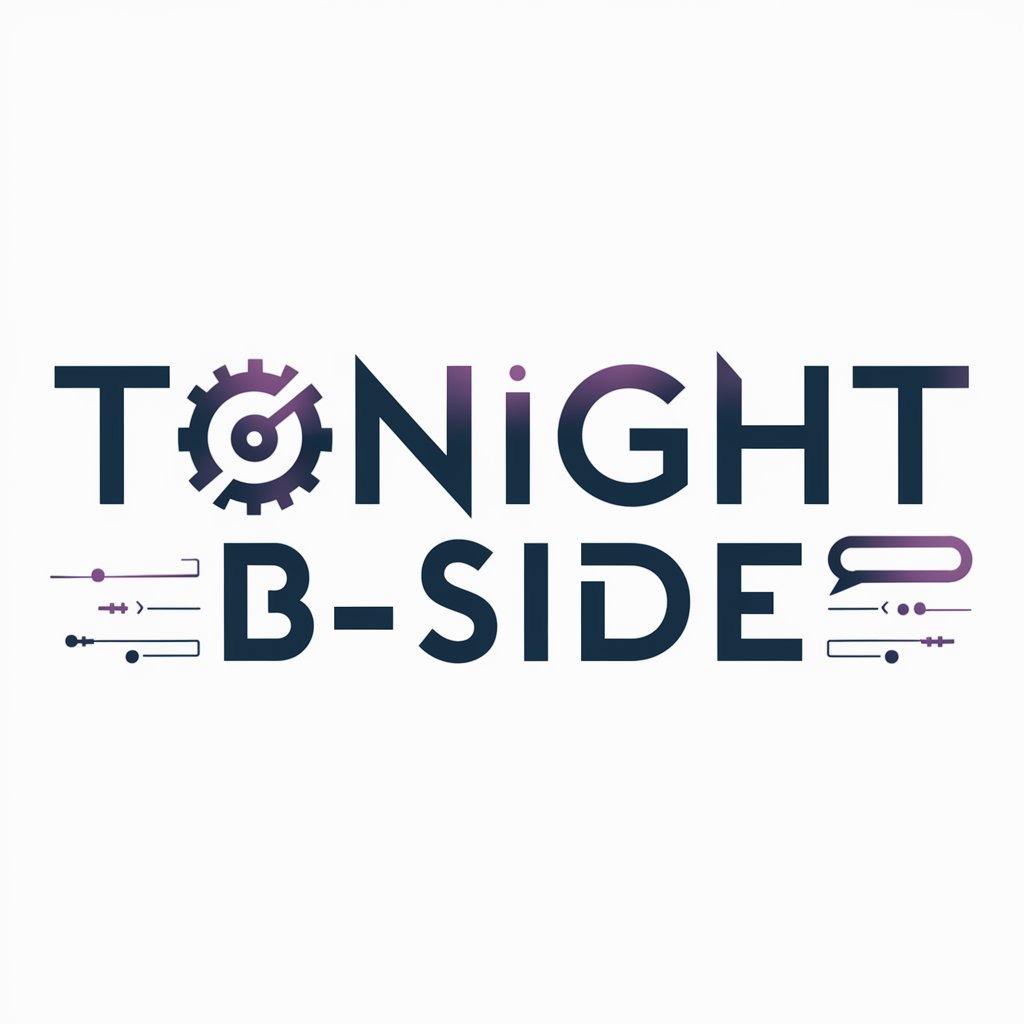
Water Song meaning?
Unlock the depths of water symbolism with AI
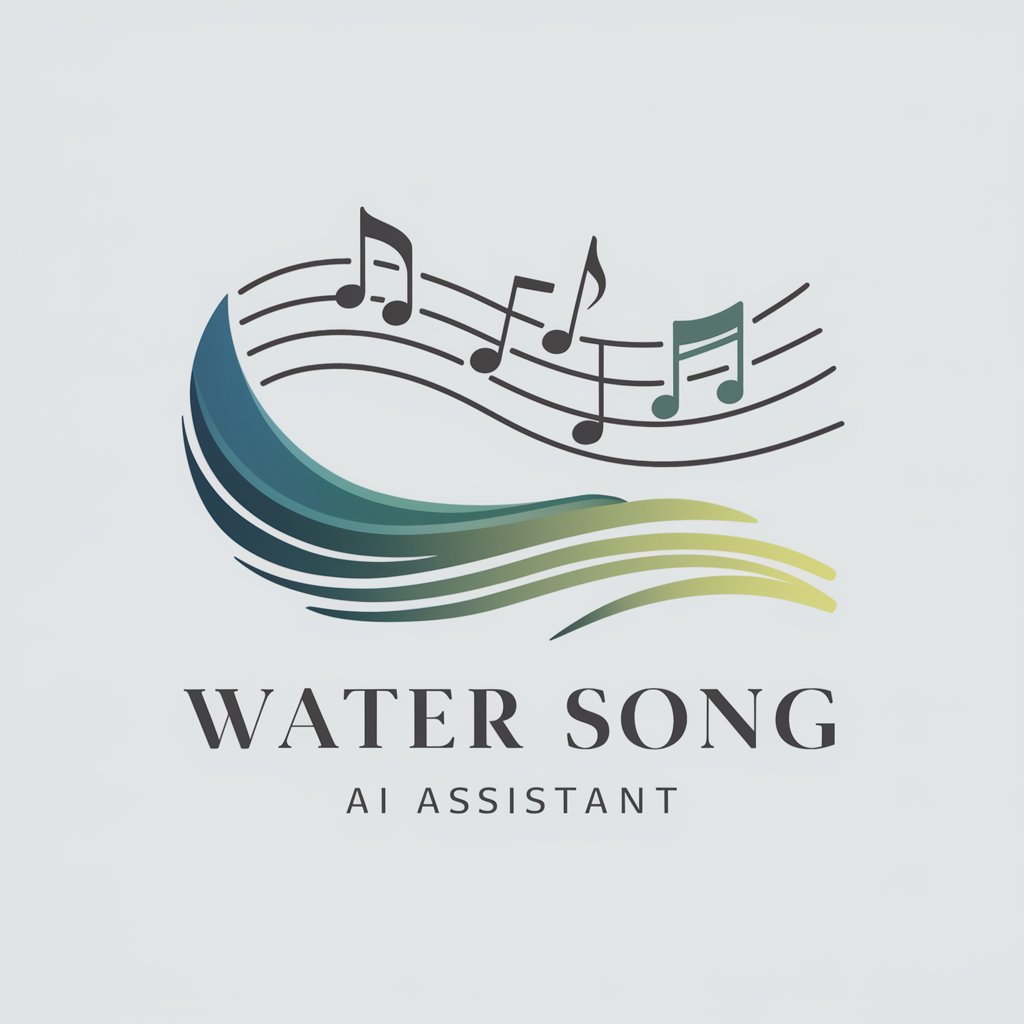
Show Me Love (Skrillex Remix) meaning?
Unlocking the Depths of Music Remixes with AI
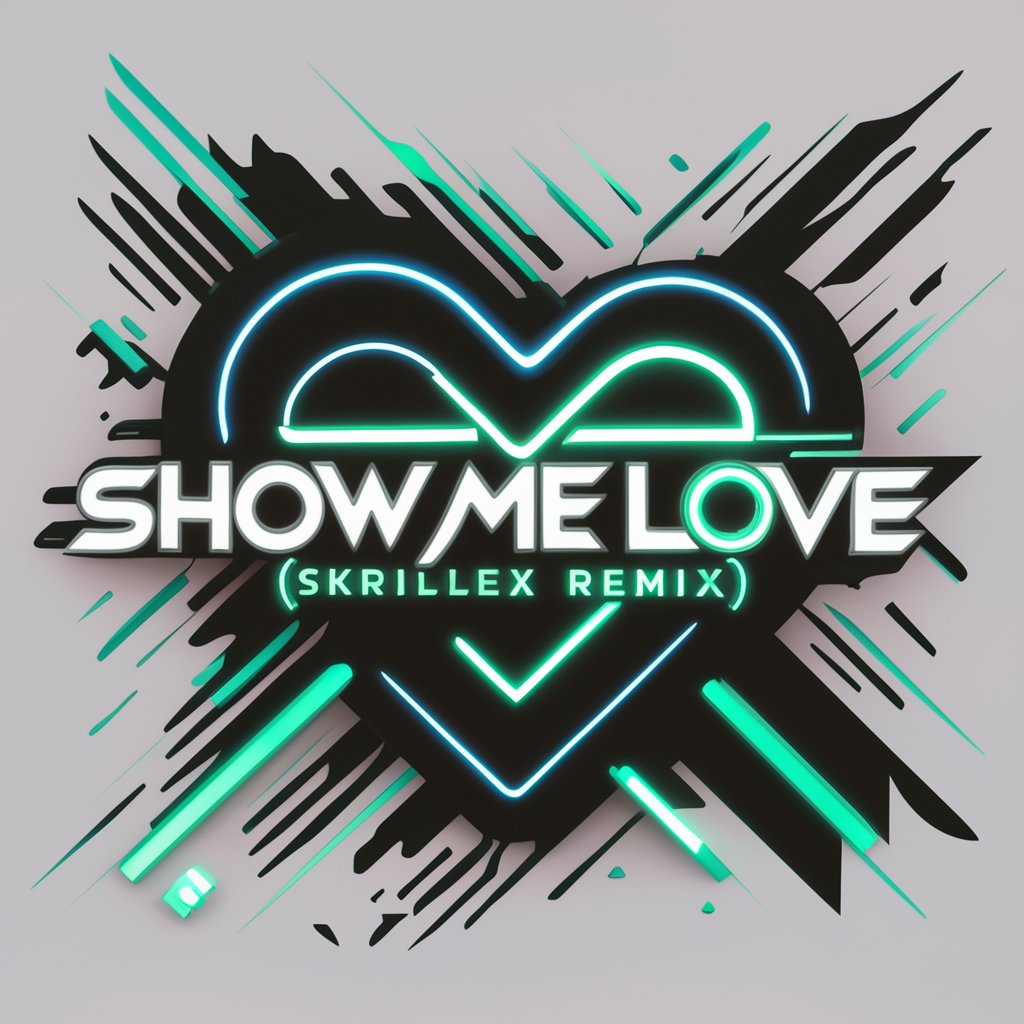
Mo' Better Blues meaning?
Decoding culture through AI-powered analysis
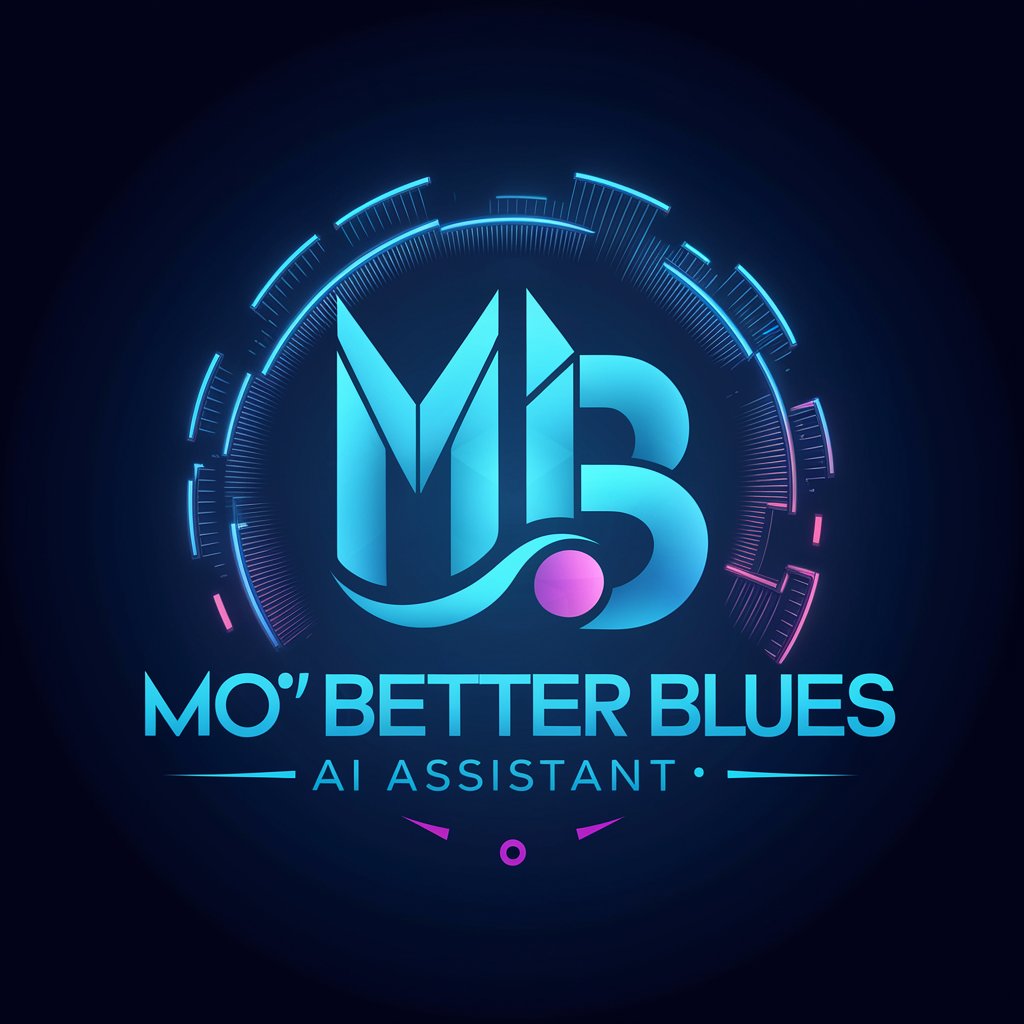
Have Yourself A Merry Little Christmas meaning?
Unlocking Christmas with AI

Key Attributes of Music Interpretation AI
AI GPTs for Music Interpretation are distinguished by their adaptability and multifaceted capabilities. These tools can handle tasks ranging from basic melody recognition to complex harmonic analysis. Special features include the ability to learn and adapt to different musical styles and genres, support for technical aspects like music theory, and capabilities for data analysis to provide insights into music trends and preferences. Some tools also offer web searching for music-related information and image creation for visual representation of music concepts.
Intended Users of Music Interpretation AI
AI GPTs for Music Interpretation are designed for a diverse audience, including novices, music enthusiasts, professional musicians, composers, and music educators. They are accessible to users without coding skills, offering intuitive interfaces and guided functionalities. For those with programming knowledge, these tools provide advanced customization options, enabling users to tailor the AI to specific music interpretation needs or projects.
Try Our other AI GPTs tools for Free
Cultural Symbolism Visualization
Explore AI GPTs for Cultural Symbolism Visualization: your gateway to understanding and visualizing the intricate world of cultural symbols and motifs with ease and precision.
Emotional Thematic Visualization
Explore the world of Emotional Thematic Visualization with AI GPTs - advanced tools for interpreting and visualizing emotional data with accuracy and creativity.
Song Analysis and Art Creation
Explore AI GPTs for Song Analysis and Art Creation: innovative tools transforming creativity with advanced AI technology. Ideal for artists, musicians, and developers.
Social Media Engagement Analysis
Revolutionize your social media strategy with AI GPT tools, designed to analyze, predict, and enhance digital engagement across platforms, tailored to your business needs.
SEO Optimization and Tracking
Revolutionize your SEO strategy with AI GPTs: Tailor-made solutions for optimizing content visibility and tracking website performance in search engine results.
Pay-Per-Click Campaign Guidance
Explore AI GPTs for Pay-Per-Click Campaign Guidance – your AI-powered companion in creating, managing, and optimizing effective PPC campaigns with ease and precision.
Further Perspectives on AI in Music
AI GPTs for Music Interpretation offer customized solutions across various sectors of the music industry. They feature user-friendly interfaces that simplify complex music theories and analyses. These tools can be seamlessly integrated into existing systems or workflows, enhancing music production, education, and research processes. Their adaptability and learning capabilities make them invaluable for ongoing musical innovation and exploration.
Frequently Asked Questions
What is the primary function of AI GPTs in music interpretation?
The primary function is to analyze and interpret music, providing insights into melody, harmony, rhythm, and overall musical composition.
Can these tools create new music?
Yes, some AI GPTs for Music Interpretation are capable of composing new music pieces by learning from existing datasets.
Are these tools suitable for music education?
Absolutely, they can be used as educational aids to teach music theory, composition techniques, and music analysis.
Do I need programming skills to use these tools?
No, many of these tools are designed with user-friendly interfaces that do not require programming skills.
Can these AI tools adapt to different musical genres?
Yes, they are capable of learning and adapting to a wide range of musical genres and styles.
Are there customization options for professional musicians?
Yes, professionals can customize these tools for specific analytical or compositional requirements.
Can these tools analyze live music performances?
Some advanced versions can analyze live performances, offering real-time insights and feedback.
How do these AI tools impact the music industry?
They provide innovative ways to compose, analyze, and understand music, potentially revolutionizing music creation and education.